Description
Almond Oil is a versatile and nutrient-rich oil extracted from the seeds of almonds. It is prized for its health benefits and is commonly used in cooking, skincare, and hair care products. Almond oil comes in two main varieties: sweet almond oil, which is primarily used for skincare and cooking, and bitter almond oil, which is typically used in aromatherapy and should not be ingested due to its potential toxicity if improperly processed.
Key Features:
- Rich in Healthy Fats: Almond oil is high in monounsaturated fats, particularly oleic acid, which supports heart health and helps lower bad cholesterol (LDL). It also contains smaller amounts of polyunsaturated fats and very little saturated fat.
- Packed with Vitamin E: Almond oil is an excellent source of vitamin E, a powerful antioxidant that helps protect the skin and body from oxidative stress and damage from free radicals. This also contributes to its anti-aging properties in skincare.
- Mild and Pleasant Flavor: Sweet almond oil has a light, slightly nutty flavor that works well in various dishes without overpowering other ingredients. It can be used in salad dressings, drizzling, or low-heat cooking.
- Skin and Hair Benefits: Known for its moisturizing and nourishing properties, almond oil is a common ingredient in skincare and hair care products. It is lightweight and easily absorbed, making it ideal for hydrating dry skin, reducing inflammation, and improving hair health and shine.
- Versatility: Almond oil is a multipurpose oil used for cooking, in beauty routines, for massages, and even as a carrier oil for essential oils in aromatherapy.
Benefits:
- Heart Health: Almond oil is high in heart-healthy monounsaturated fats, which may help reduce the risk of heart disease by improving cholesterol levels and reducing inflammation.
- Skin Moisturization: It is commonly used as a natural moisturizer due to its emollient properties, which help to soothe and hydrate the skin. It’s particularly beneficial for dry or sensitive skin.
- Hair Nourishment: Almond oil is often applied to the hair to promote softness, reduce frizz, and prevent split ends. The vitamin E and fatty acids in almond oil can also nourish the scalp.
- Antioxidant Protection: The vitamin E content provides antioxidant benefits, protecting the skin from environmental stressors and potentially helping to reduce signs of aging, such as fine lines and wrinkles.
Product Specifications:
- Source: Extracted from the seeds (kernels) of almonds
- Type:
- Sweet Almond Oil: Used in cooking, skincare, and hair care
- Bitter Almond Oil: Used for aromatherapy (non-edible unless properly processed)
- Color: Pale yellow to golden (for sweet almond oil)
- Flavor: Mild, slightly nutty (sweet almond oil)
- Fat Composition:
- Monounsaturated fat: 70-80%
- Polyunsaturated fat: 10-15%
- Saturated fat: 5-10%
Ideal Uses:
- Cooking: Almond oil can be used as a healthy cooking oil for drizzling over salads, sautéing vegetables, or baking. It works well for low to medium heat cooking but may lose some of its nutritional value at very high temperatures.
- Skincare: Apply almond oil directly to the skin as a moisturizer, or mix it with other skincare products to enhance hydration. It is also effective for reducing dark circles and puffiness around the eyes.
- Hair Care: Massage almond oil into the scalp and hair to improve moisture, shine, and manageability. It can also help soothe a dry, flaky scalp.
- Massage and Aromatherapy: Sweet almond oil is widely used as a base oil for massage therapy due to its smooth texture and ability to nourish the skin without leaving it greasy.
Nutritional Information (Per 1 Tbsp / 14g):
- Calories: 120
- Total Fat: 14g
- Saturated Fat: 1g
- Monounsaturated Fat: 10g
- Polyunsaturated Fat: 2g
- Vitamin E: 26% of daily value
- No Cholesterol: Almond oil contains zero cholesterol, making it a heart-friendly oil.
Health Considerations:
- Allergic Reactions: People with nut allergies should avoid almond oil, as it can trigger allergic reactions, including skin irritation, swelling, or anaphylaxis in severe cases.
- Moderate Use in Cooking: Almond oil is best used for low to medium-heat cooking, as high temperatures may degrade its nutritional properties and cause a loss of flavor.
Storage Tips:
- Cool, Dark Place: Store almond oil in a cool, dark place to preserve its quality and prevent oxidation.
- Sealed Bottle: Always keep the oil in a tightly sealed bottle to prevent exposure to air and prolong its shelf life.




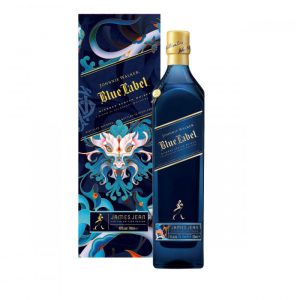
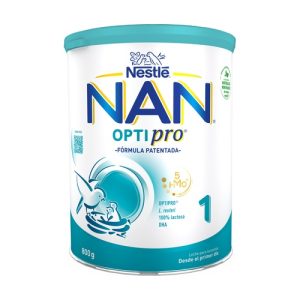








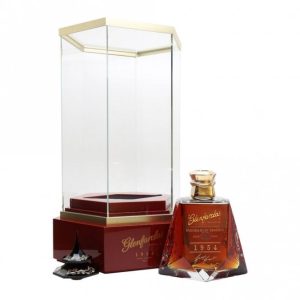
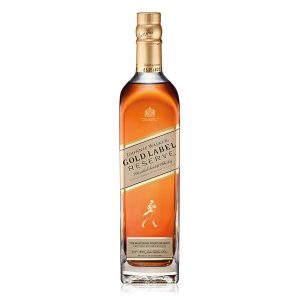
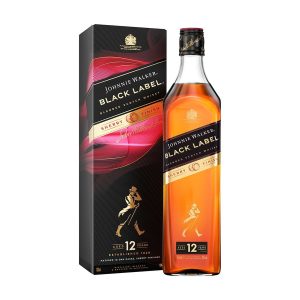

Reviews
There are no reviews yet.